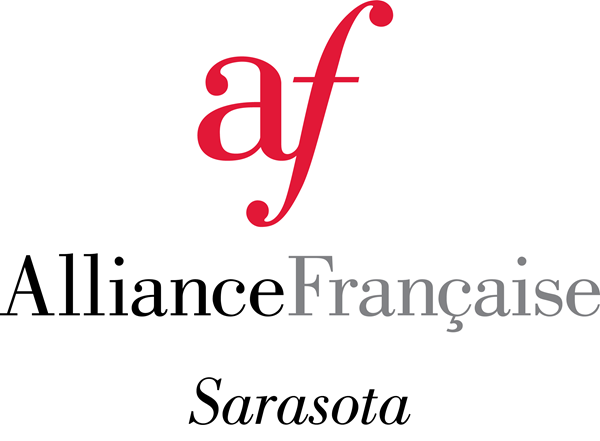LEVELS
CEFR Fluency Levels
The Common European Framework Reference for Languages (CEFR) is the internationally used European guideline for describing the level of fluency achieved by a foreign language learner. The Alliance offers multiple courses within each CEFR level, as detailed below.
Beginner A1
- Can understand and use familiar everyday expressions and very basic phrases aimed at the satisfaction of needs of a concrete type.
- Can introduce him/herself and others and can ask and answer questions about personal details such as where he/she lives, people he/she knows and things he/she has.
- Can interact with others at a beginner level. Can interact in a simple way provided the other person talks slowly and clearly and is prepared to help.
Advanced Beginner A2
- Can understand sentences and frequently used expressions related to areas of everyday life (e.g. very basic personal & family information, shopping, local geography, employment).
- Can communicate simple and routine tasks requiring a simple and direct exchange of information on familiar and routine matters.
- Can describe in simple terms his/her background, immediate environment, and basic needs.
Intermediate B1
Can understand the main points of clear standard input on familiar matters regularly encountered in work, school, and leisure.
Can deal with most situations likely to arise whilst travelling in an area where the language is spoken.
Can produce simple connected text on topics which are familiar or of personal interest.
Can describe experiences and events, dreams, hopes and ambitions and briefly give reasons and explanations for opinions and plans.
Advanced B2
- Understand the main ideas of both concrete and abstract topics in complex texts, including technical discussions in a field of specialization.
- Interact with a degree of fluency and spontaneity that makes regular interaction with native speakers comfortable without strain for either party.
- Produce clear, detailed text on a wide range of subjects and explain a viewpoint on a topical issue giving the advantages and disadvantages of various options.
Expert C1/C2
- Can understand a wide range of demanding, longer texts, and recognise implicit meaning.
- Can express him/herself fluently and spontaneously without much obvious searching for expressions.
- Can use language flexibly and effectively for social, academic and professional purposes.
- Can produce clear, well-structured, detailed text on complex subjects, showing controlled use of organisational patterns, connectors and cohesive devices.
- Can understand with ease virtually everything heard or read.
- Can summarise information from different spoken and written sources, reconstructing arguments and accounts in a coherent presentation.
- Can express him/herself spontaneously, very fluently and precisely, differentiating finer shades of meaning even in more complex situations.
This reference system defines levels of foreign language proficiency based on speaking and writing skills: A1, A2, B1, B2, C1 and C2. It provides a common basis for the design of official programs, diplomas, and certificates. It therefore encourages educational and professional mobility, and creates bridges between all Alliance Françaises and institutions that align their course offerings with the CEFR.
Determine your French Competency with Ev@lang!
Fast and modern: Ev@lang is an innovative tool designed by French International (former CIEP) to accurately determine your foreign language competency level.

